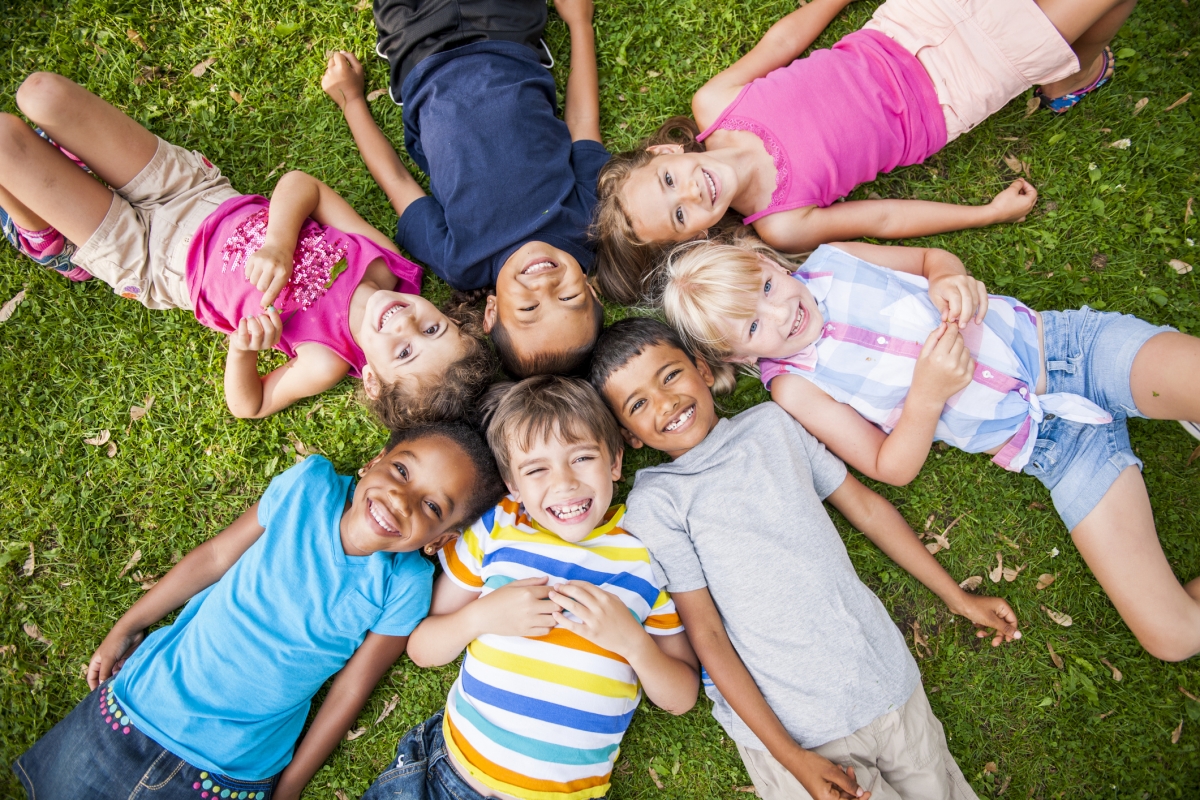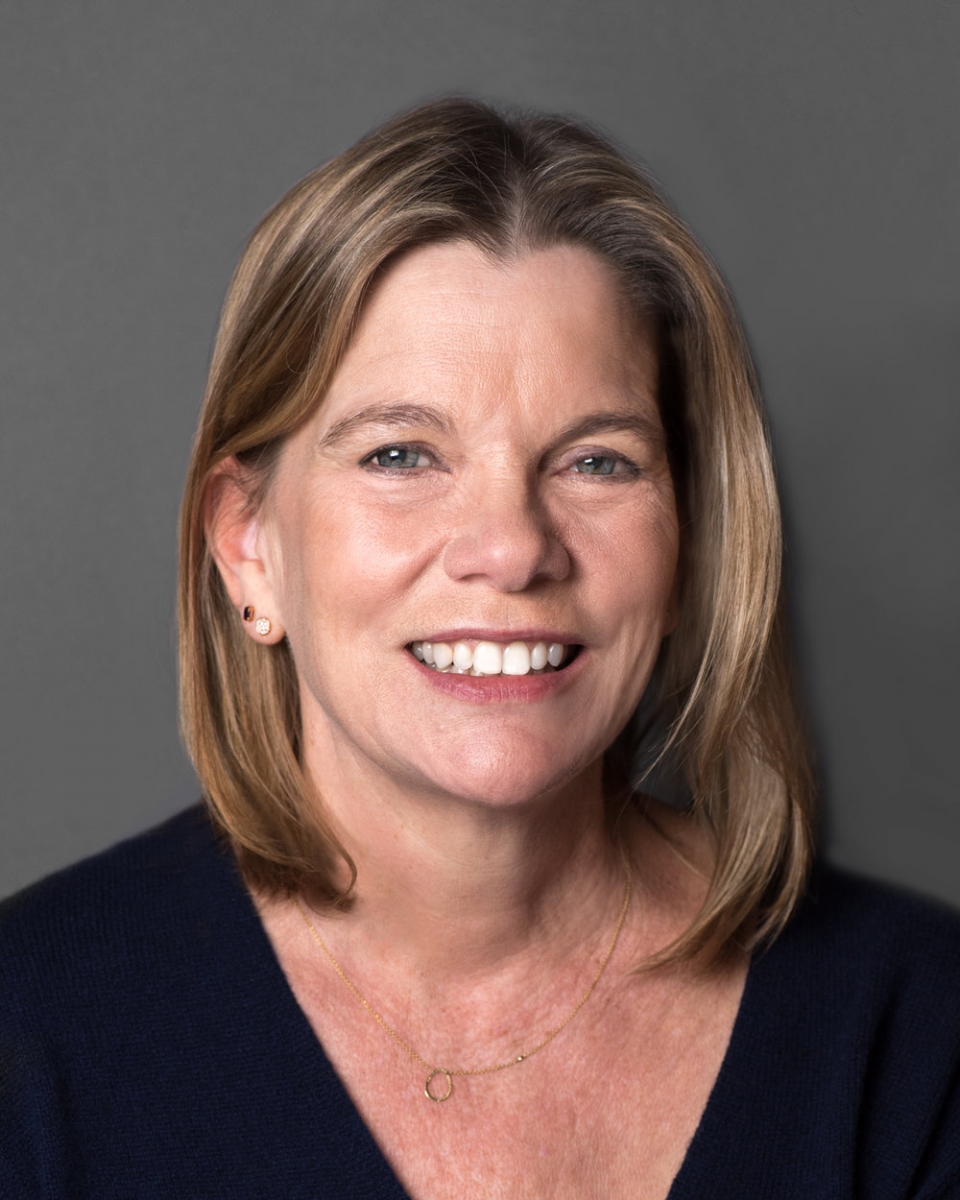
“I want to grow up to change the world!”
Has a child ever said this to you? Did it catch you by surprise, or could you, from the place of your inner child, relate to this ideal?
For young people living in a world run by adults, being a catalyst for change in the world can feel like the ultimate measure of grown-up-ness, agency, and success. Children spend much of their time in a tug-of-war for control over their daily lives, from minute details (like whether they simply must wear shoes to go outside, or the order of dinner and dessert) to major decisions such as where and how they live.
Even though adults in their lives strive to make decisions that are benevolent and kind, feeling small in a big, big world can be a source of stress for children and the adults who love them alike.
But what if you could teach your children that they can change the world – right here, right now – without so much as moving a muscle? And what if you, a caring adult in their life, believed it?
 Susan Kaiser Greenland, an internationally recognized leader in teaching mindfulness and meditation to young people and the adults who care for them, wants to convince you of just that. But she doesn’t want you to just take her word for it.
Susan Kaiser Greenland, an internationally recognized leader in teaching mindfulness and meditation to young people and the adults who care for them, wants to convince you of just that. But she doesn’t want you to just take her word for it.
At the core of Kaiser Greenland’s message lies the idea that mindfulness can help us change the world, one mind at a time. On her website, Kaiser Greenland shares with us that when you:
“Change your Mind, [you] Change the World[1]: When our minds change - when we feel more relaxed, less stressed, and less reactive - our bodies change too. And when our minds and bodies change our behavior changes, which shifts outcomes, which in turn affects what happens in the world"
This revolutionary idea reveals an amazing benefit to nurturing the Secure and Calm Heart-Mind Quality: that a calm mind is a powerful one. It also offers us a key to a less stressed-out, more empowered way of being that we can teach our children.
Kaiser Greenland has developed a program of activity-based mindfulness - which she refers to as "Mindful Games" - for teaching mindfulness to children. From her website, examples of Mindful Games include:
- "Rock-a-bye: We pretend to rock a stuffed animal to sleep on our bellies to relax our bodies and quiet our minds. As we breathe in, the animal rocks up; as we breathe out, the animal rocks back down."
- "Stargazing: In this seven-minute guided practice, children and teens get comfortable, relax, and gaze at the sky to explore what’s happening within and around them."
- "Everything changes in the rain: In this guided practice, kids (and adults) listen to the rain and notice whether the sound stays the same or if it changes."
Activity-based mindfulness is just one way that Kaiser Greenland teaches finding calm in the present moment. She also teaches classes and retreats for busy parents and professionals who work with children and youth, and has published a wide range of books, audio programs, and resources such as The Mindful Child, Mindful Games, and Mindful Parent, Mindful Child.
Harnessing the power of mindfulness to change our minds - to change the world - helps us find calm and combat stress in three ways:
- Teaching our children that they can change the world boosts their sense of agency and decreases stress related to feeling a lack control in their lives
- Practicing mindfulness with our children helps us both to connect to a sense of inner calm, and actually changes the brain!
- Calmer adults = calmer kids, by means of the stress contagion (and calmer kids = calmer parents too!)
Click "more" to listen to Kaiser Greenland’s talk Change your Mind, Change the World, a half-hour clip from a busy parent class in LA in which she describes the domino effect of the benefits of meditation, as well as why we practice and how we hold ourselves